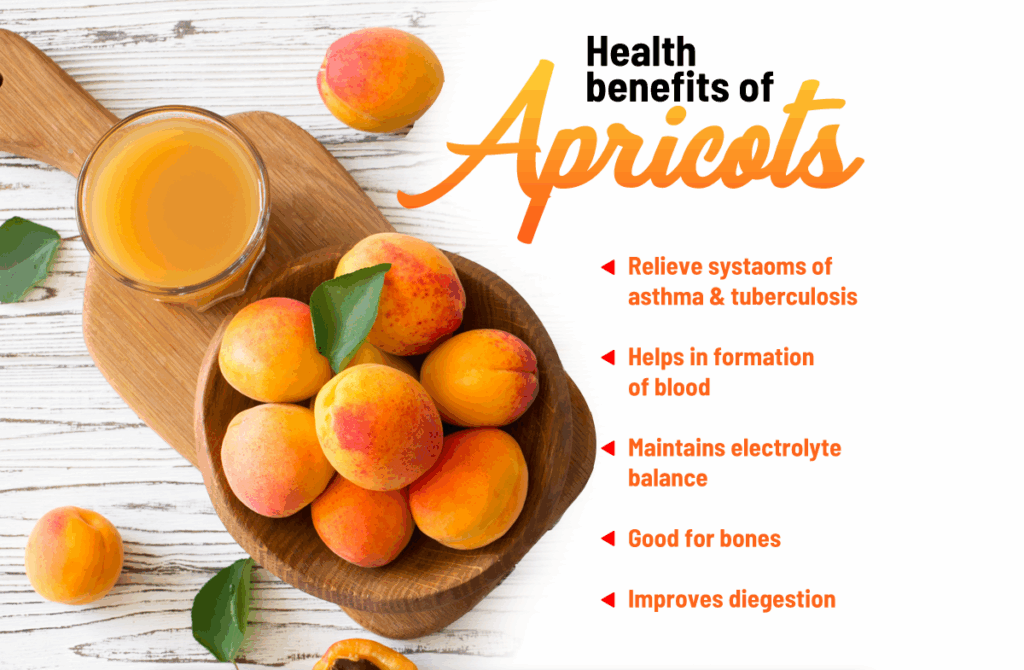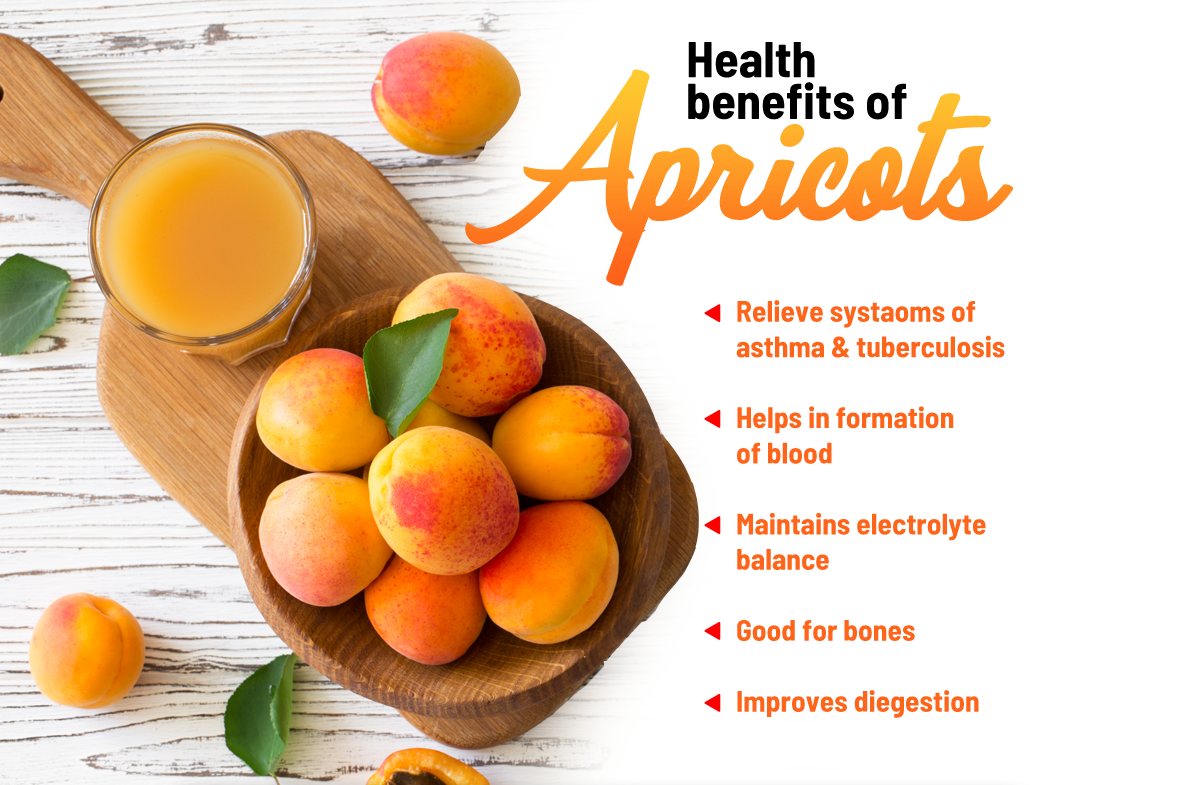
Are Apricot Seeds Good for You? Unveiling the Truth Behind This Controversial Superfood
The question, are apricot seeds good for you, is a complex one, steeped in both potential benefits and significant risks. Apricot seeds, found inside the hard pit of the apricot fruit, have gained attention for their purported health properties, particularly their alleged anti-cancer effects. However, these claims are often intertwined with serious concerns about toxicity. This article delves into the scientific evidence, explores the potential benefits and dangers, and provides a balanced perspective on whether apricot seeds should be part of your diet. We’ll explore the nutritional aspects, the presence of amygdalin, and the regulatory stance on consuming these seeds.
What are Apricot Seeds?
Apricot seeds, also known as apricot kernels, are the seeds found inside the hard shell, or pit, of the apricot fruit. They resemble small almonds and have a distinct, slightly bitter taste. This bitterness comes from a compound called amygdalin, which is present in many seeds within the Rosaceae family, including apples, cherries, plums, and peaches. Amygdalin is a cyanogenic glycoside, meaning it can release cyanide when broken down in the body. The concentration of amygdalin varies depending on the apricot variety, and this directly impacts the potential toxicity of the seeds.
Nutritional Composition of Apricot Seeds
Despite the inherent risks, apricot seeds do contain some nutrients. They are a source of:
- Fiber: Contributes to digestive health.
- Healthy Fats: Including omega-3 and omega-6 fatty acids.
- Protein: Although not a significant source compared to other protein-rich foods.
- Vitamin E: An antioxidant that protects cells from damage.
However, it’s crucial to remember that these nutritional benefits are overshadowed by the risk of cyanide poisoning. Choosing other, safer sources for these nutrients is always the best approach.
The Amygdalin Controversy: Laetrile and Cancer
The primary reason apricot seeds have gained notoriety is their amygdalin content. Amygdalin has been promoted as an alternative cancer treatment under the name “Laetrile” or “Vitamin B17.” The theory behind this is that cancer cells contain an enzyme called beta-glucosidase, which breaks down amygdalin and releases cyanide, selectively killing cancer cells while leaving healthy cells unharmed. However, extensive scientific research has debunked this claim. Studies have consistently shown that Laetrile is ineffective in treating cancer and poses a significant risk of cyanide poisoning. Major cancer organizations, such as the American Cancer Society and the National Cancer Institute, do not support the use of Laetrile or apricot seeds as a cancer treatment.
The Dangers of Cyanide Poisoning
The most significant risk associated with apricot seeds is cyanide poisoning. When amygdalin is ingested, it is converted into cyanide in the body. Cyanide is a potent toxin that interferes with the body’s ability to use oxygen. Even small amounts of cyanide can cause serious health problems.
Symptoms of cyanide poisoning can include:
- Nausea and vomiting
- Headache
- Dizziness
- Weakness
- Rapid heart rate
- Shortness of breath
- Seizures
- Coma
- Death
The severity of the symptoms depends on the amount of cyanide ingested and the individual’s sensitivity. Children are particularly vulnerable to cyanide poisoning due to their smaller body size.
Regulatory Stance on Apricot Seeds
Due to the risk of cyanide poisoning, many regulatory agencies have issued warnings about consuming apricot seeds. The European Food Safety Authority (EFSA) has set a safe upper limit for cyanide exposure and advises against consuming large quantities of apricot seeds. In some countries, the sale of apricot seeds as a food supplement is restricted or prohibited. It is crucial to be aware of the regulations in your region before considering consuming apricot seeds.
Scientific Evidence and Studies
Numerous studies have investigated the safety and efficacy of Laetrile and apricot seeds. A comprehensive review by the National Cancer Institute concluded that there is no evidence to support the use of Laetrile for cancer treatment. Clinical trials have shown no benefit, and the risks of cyanide poisoning outweigh any potential advantages. Research consistently demonstrates that apricot seeds do not offer a safe or effective alternative to conventional cancer treatments. [See also: Reputable Cancer Treatment Options]
Potential Benefits (If Any) and Counterarguments
While the risks clearly outweigh the benefits, some proponents of apricot seeds argue that they contain other beneficial compounds besides amygdalin. Some studies have explored the potential antioxidant and anti-inflammatory properties of apricot seed extracts. However, these studies are often conducted in vitro (in test tubes) or on animals, and the results may not translate to humans. Furthermore, these potential benefits can be obtained from other, safer sources, such as fruits, vegetables, and supplements.
It’s important to critically evaluate any claims about the health benefits of apricot seeds and to rely on evidence-based information from reputable sources.
Alternatives to Apricot Seeds for Health Benefits
If you are looking for ways to improve your health, there are many safer and more effective alternatives to apricot seeds. These include:
- A balanced diet: Rich in fruits, vegetables, whole grains, and lean protein.
- Regular exercise: Aim for at least 150 minutes of moderate-intensity exercise per week.
- Stress management: Practice relaxation techniques such as yoga, meditation, or deep breathing.
- Consulting with a healthcare professional: To discuss your individual health needs and concerns.
For specific health concerns, such as cancer prevention or treatment, it is essential to consult with a qualified healthcare professional who can provide evidence-based recommendations.
Apricot Seed Oil: A Safer Alternative?
Apricot seed oil, extracted from apricot seeds, is sometimes promoted as a safer alternative to consuming the whole seeds. While the oil may contain trace amounts of amygdalin, the levels are generally considered to be much lower than in the seeds themselves. Apricot seed oil is often used in cosmetics and skincare products due to its moisturizing and emollient properties. However, it is still important to exercise caution and to purchase apricot seed oil from reputable sources to ensure that it has been properly processed and that the amygdalin content is minimized. Even with apricot seed oil, moderation is key. [See also: Benefits of Apricot Seed Oil for Skin]
Conclusion: Are Apricot Seeds Good for You? The Verdict
In conclusion, the question of whether apricot seeds are good for you can be definitively answered with a resounding no. The risks of cyanide poisoning far outweigh any potential benefits. While apricot seeds contain some nutrients, these can be easily obtained from safer sources. The claim that apricot seeds can cure cancer is not supported by scientific evidence and is potentially dangerous. Regulatory agencies have issued warnings about the consumption of apricot seeds, and it is crucial to heed these warnings. If you are concerned about your health, focus on adopting a balanced diet, engaging in regular exercise, and consulting with a healthcare professional. Avoid the allure of apricot seeds and choose evidence-based approaches to health and wellness. Therefore, while you might be tempted to explore the purported benefits, remember that the risks associated with consuming apricot seeds, due to their amygdalin content, make them a food best avoided. The potential for cyanide poisoning simply isn’t worth it. Focus on proven methods for maintaining your health. The answer to “are apricot seeds good for you?” is a clear and unequivocal no. Prioritize your well-being by choosing safer, scientifically-backed alternatives.

